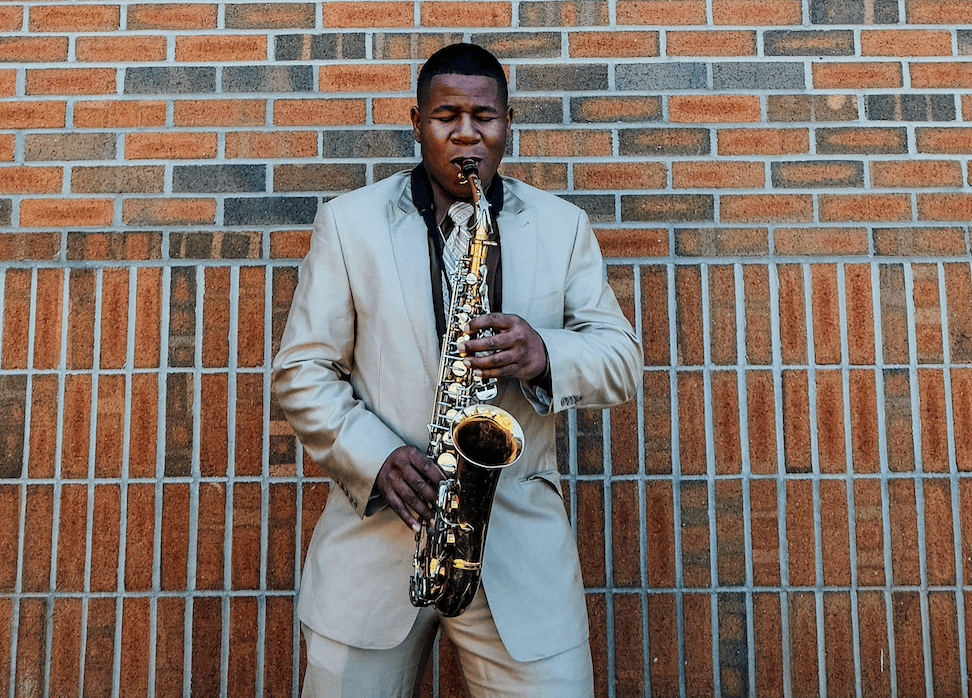Welcome back to "Working With Parents". In Part 1, we took a look at past interactions between music teachers and parents. For Part 2, it's time to take a look at what recent research has to say about parental involvement in their children's musical journey.

These days it’s not hard to find music education research that talks favourably about how parental interest or involvement can have a positive effect on students’ musical achievement. Parental involvement is seen as contributing to student’s motivation, persistence, and ongoing musical commitment. And there’s more - Music education researchers also indicate that parental involvement isn’t always a guarantee of students’ musical success. The overarching message of music education research is that music teachers should make every effort to get parents involved so that their students may experience the benefits.
At the same time, there’s another branch of research that we should bring into the conversation - it comes under the title - Self Determination Theory. Developed by University of Rochester professors Edward Deci and Richard Ryan, their research focuses on the factors that influence intrinsic motivation - or what is it that drives each one of us to do things for ourselves. And what do they have at the top of their list? Autonomy - the need we all have to direct our own lives. Autonomy - also known as independence - is the feeling we have when we take charge of what we do. Our autonomy and independence flourishes when we feel that our personal efforts or pursuits are internally generated and implemented rather than externally imposed or determined by others. And in the case of students successfully learning to sing or play a musical instrument, we see autonomy and independence are absolute must-haves.

The final research source I want to include comes from the field of Culturally Responsive Teaching. An educational movement that emerged recently in response to the longstanding inequities in education and drawing attention to the long history of ethnically diverse families having to forfeit their cultural background and psychological wellbeing in order to assimilate the dominant culture’s preferred learning approach.
The message of CRT is that in order for instruction to be relevant, teachers need to learn about their students and parents so that they can build on the various cultural and personal layers that students and parents bring with them. That means paying attention to who are the parents of our students, not so that we can change parents to look like teachers (as previous generations of music teachers did) but so that we can support and enhance their music connections in ways that match what’s already going on.

What stands out when I combine these three research resources is how the interaction between teachers and parents consists of several layers. #1. From music education research: we find encouragement for teachers to find ways to involve parents in their child’s musical journey. #2. Whereas with Self determination theory: we find a reminder that teachers need to keep students’ independence and autonomy in sight. #3. And finally with Culturally Responsive Teaching: another reminder that it’s about supporting who parents are, not changing them into something else.
Obviously there's a lot going on.
What elements from the above research resources feel familiar to you? What seems new? Can you see how your music teaching reflects various elements from above?
Be sure to find out what all this means when we put things together in Part 3. See you then.
